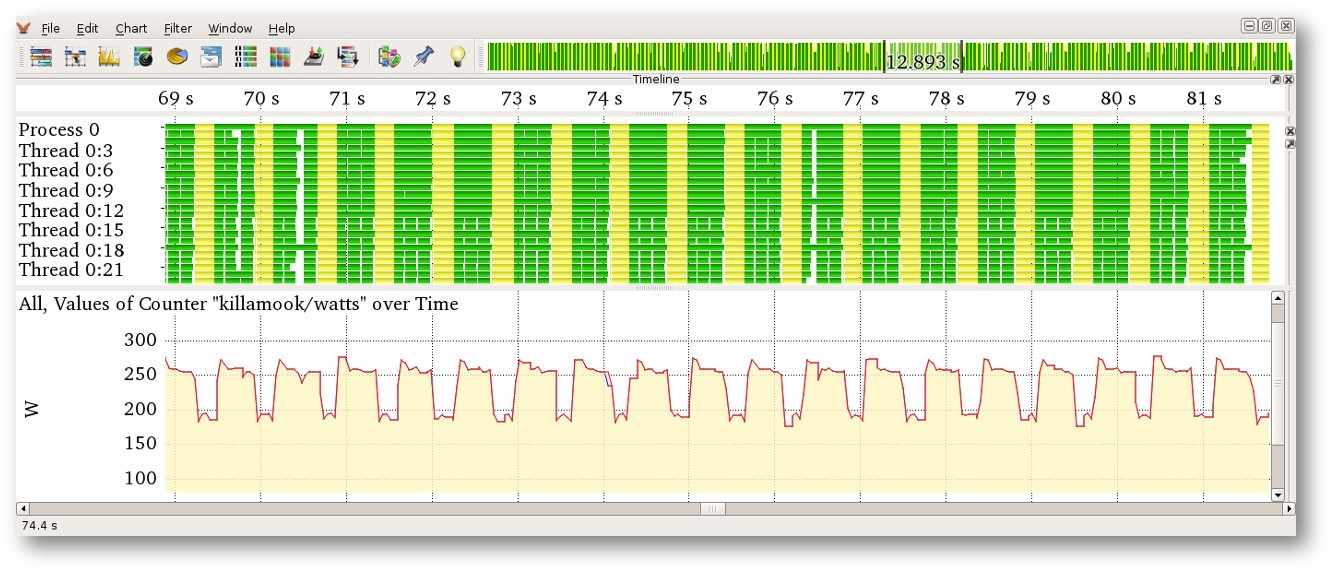Thursday 2 April 2020 14:00hrs BST / 15:00 CEST
We now live in a world of power-constrained architectures and systems and power consumption represents a significant cost factor in the overall HPC system economy. For these reasons, in recent years researchers, supercomputing centers and major vendors have developed new tools and methodologies to measure and optimize the energy consumption of large-scale high performance system installations. Due to the link between energy consumption, power consumption and execution time of an application executed by the final user, it is important for these tools and the methodology used to consider all these aspects, empowering the final user and the system administrator with the capability of finding the best configuration given different high level objectives.

This webinar focuses on tools designed to improve the energy-efficiency of HPC applications using a methodology of dynamic tuning of HPC applications, developed under the H2020 READEX project. The READEX methodology has been designed for exploiting the dynamic behaviour of software. At design time, different runtime situations (RTS) are detected and optimized system configurations are determined. RTSs with the same configuration are grouped into scenarios, forming the tuning model. At runtime, the tuning model is used to switch system configurations dynamically. We will present the MERIC tool, that implements the READEX methodology. It supports manual or binary instrumentation of the analysed applications to simplify the analysis.
About the Presenter
 Lubomir Riha, Ph.D. is the Head of the Infrastructure Research Lab at IT4Innovations National Supercomputing Center. Previously he was a senior researcher in the Parallel Algorithms Research Lab at IT4Innovations and a research scientist in the High Performance Computing Lab at George Washington University, ECE Department. Currently he is a local principal investigator of the H2020 Center of Excellence, POP.
Lubomir Riha, Ph.D. is the Head of the Infrastructure Research Lab at IT4Innovations National Supercomputing Center. Previously he was a senior researcher in the Parallel Algorithms Research Lab at IT4Innovations and a research scientist in the High Performance Computing Lab at George Washington University, ECE Department. Currently he is a local principal investigator of the H2020 Center of Excellence, POP.
